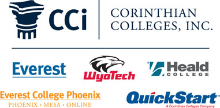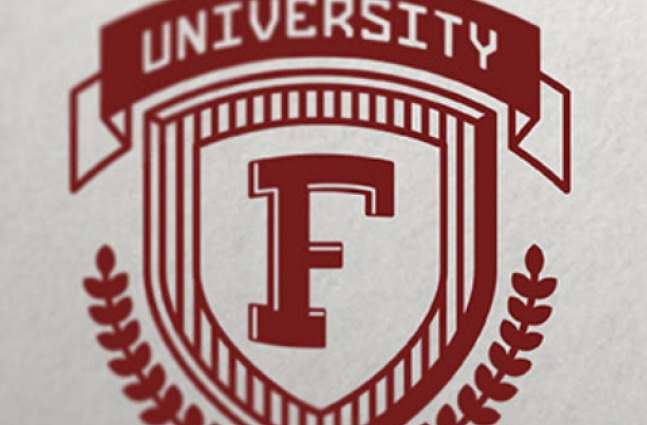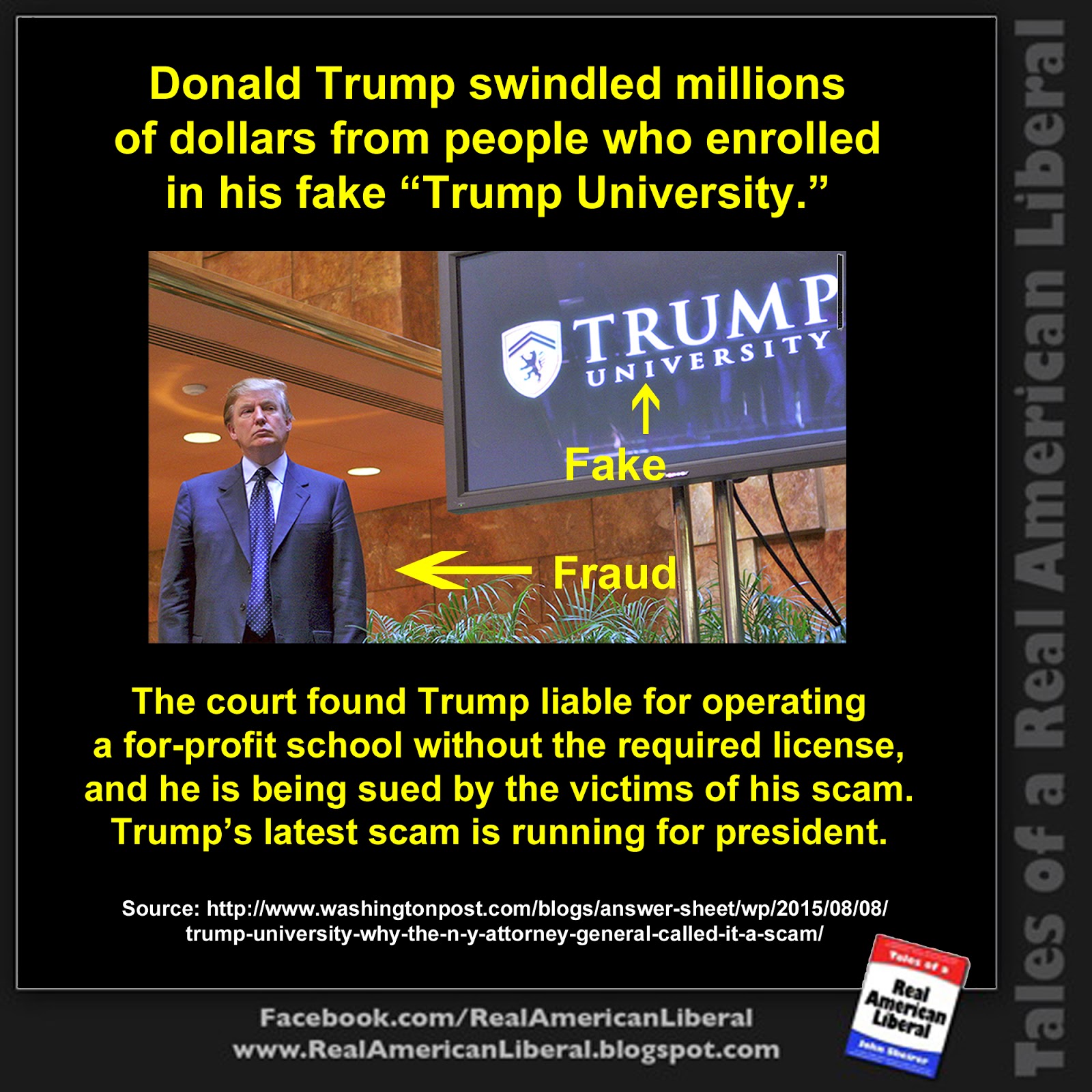
Photo:bing.com
'Corinthian, a behemoth of the for-profit college industry that marketed its vocational and post-secondary programs to single mothers at or below the poverty line...'
Last week I posted a Blog asking a pertinent question: What is EDUCATION if it is not about VALUES?
Today, after reading a fascinating article about the tragic and inhumane tale of profit-driven colleges in the US, scamming society’s most vulnerable (The new form of slavery), I came to appreciate even more the significance and the wisdom of the question I had asked above.
So, here you have it. Please first read What is EDUCATION if it is not about VALUES? If you have not done so already, and then, read the excellent review of the FAIL STATE by Jake Nevins, and begin to pity our world that has become so corrupt and values/moral/ humanity-free, destroying every fabric of our lives.
'Phenomenally saddening': inside the sordid world of America's for-profit colleges

Photo:documentary.org
The new documentary Fail State, tells the 50-year tale of profit-driven colleges scamming society’s most vulnerable in America
A Review by Jake Nevins*
In 2014, film-maker Alex Shebanow read about Corinthian Colleges, one of America’s largest for-profit college companies, while working on a documentary about student loan debt.
Relying heavily on federal student loans, from which it took $1.4bn in yearly revenue, Corinthian was on the brink of collapse after the department of education halted the company’s flow of federal funding due to evidence of rampant fraud in its reporting of grades and job placements.
Corinthian, a behemoth of the for-profit college industry that marketed its vocational and post-secondary programs to single mothers at or below the poverty line, was already under investigation by various federal agencies, the education department, and 20 different state attorneys general when it said it could not operate for more than a few days without an influx of cash. Internal documents revealed the for-profit specifically targeted “isolated” and “impatient” individuals with “low self-esteem”.
It was this run-in with the sordid underbelly of the predatory for-profit college industry – and a multi-state investigation into a company, QuinStreet, that set up an ostensibly government-run website funneling veterans to for-profits – that inspired Shebanow to expand the scope of his project. The result is his new documentary Fail State, an expansive and infuriating account of the rise of profit-driven colleges, their devastating effects on low-income students, and the ways Republicans and Democrats have aided and abetted their treachery.
“I don’t know how these people can sleep at night,” says Shebanow, whose work so impressed Dan Rather that the famed journalist signed on as an executive producer. “A lot of people don’t realize what’s percolating beneath the surface. It was crazy that no one had done a documentary on this until now and that it took a bunch of twentysomething film-makers to do it. I was always so worried someone was going to come out with a documentary of their own because the story is so big and important. I thought there was no way we were the only ones doing it. But somehow, that was the case.”
As Fail State explains in broad, digestible fashion, all of this began in 1972, when for-profits, often called proprietary, vocational, or career-driven colleges, became eligible for federal student aid under an amendment to Lyndon B Johnson’s Higher Education Act of 1965. The rerouting of financial aid money from institutions to students themselves was meant to allow private universities to compete with public ones, whose low costs made enrollment swell. But this opened the door for profit-driven colleges, who took advantage of the desire to make higher education more inclusive by encouraging students to take out huge sums of financial aid money.
These companies promised students eventual employment and, since the money was coming from taxpayers, had no vested interest in whether or not the students could pay back their loans. As an expert says in Fail State, for-profits had what amounted to risk-free access to the US treasury. Predictably, default rates soared in the 1980s, with almost half of all students at these colleges defaulting on their loans. By 1992, however, lawmakers began to wise up to the predatory recruitment practices and the virtually useless degrees these colleges were offering students.
At the time, a series of congressional hearings, and the attention of Congresswoman Maxine Waters (who appears in the documentary), helped set in motion a series of provisions that would allow for oversight of the for-profit industry: the 85-15 rule, requiring that at least 15% of the companies’ revenue came from sources other than government student aid; the 50/50 rule, ensuring no more than half of college courses were offered online or by mail; and the incentive compensation rule, banning college recruiters from receiving bonuses based on how many students they lured to the program. In the following decade, though, congressional interest in policing the for-profit sector waned and many of these regulations were dismantled or otherwise softened.
Shebanow’s documentary guides viewers through all this potentially wonky information with a careful hand, emphasizing the fact that Democrats and Republicans alike have been guilty of lenience toward and even support for profit-driven colleges. Sally Stroup, George W Bush’s assistant secretary for postsecondary education, was previously a lobbyist for the Apollo Education Group, which runs several for-profit institutions such as the University of Phoenix and Western International University. Nancy Pelosi and members of the Congressional Black Caucus, too, have also been historically cozy with representatives of the for-profit sector.
“It wasn’t like we set out to make the most non-partisan film that we could,” says the director. “It was more like, ‘Here are the facts’. And it was in some ways a happy accident that this issue transcends red and blue politics.”
Where Fail State makes its greatest impact is in the testimony it provides from students who were scammed. They attest to being harassed with phone calls, emotionally manipulated, deceived about costs, and persuaded that their post-secondary educations would land them implausibly high-paying jobs. A two-year investigation by the Senate health, education, labor and pensions committee, producing what Shebanow calls one of the most “damning” reports on a single industry in congressional history, found evidence of aggressive and insidious practices like the “pain funnel”, a script from which recruiters would read that was designed to prod at emotionally or financially susceptible prospective students.
A year into production, Shebanow and his team scoured the internet for these students and found hundreds of them commiserating in comments sections and company reviews.
“Part of what is so phenomenally saddening to me is that the people who are being affected and preyed upon by these schools are some of the most voiceless in our society, and their arcs are very similar,” says Shebanow, noting that students often encountered television, subway or internet advertisements for for-profits and received countless phone calls thereafter until they enrolled.
“They were promised the world. It was affordable. You don’t need to worry about your student loan debt. And they enrolled and realized their education was leading nowhere, or some realized the scam halfway through and dropped out, but had all this debt they’d taken on.”
That the president himself once ran a criminal for-profit education company – and that he’d appoint in education secretary Betsy DeVos a willing foot soldier for their cause – was not something Shebanow and his team anticipated when they began work on Fail State back in 2013. The saga of Trump University has been well-documented, but DeVos’s overtures toward the for-profit industry, including the elimination or rollback of Obama-era gainful employment and student borrower defense regulations, have gone mostly under the radar. DeVos, the director explains, is also tinkering with rules mandating “substantive teacher-student interaction”, which ensures students at for-profits are not navigating their coursework alone.
“As a journalist, you always dream of that hard-hitting story,” he says. “But the better the story, the worse the human tragedy. When I started this film I’d have never believed anyone who told me the film would be more relevant almost six years down the line.”
* This review by Jake Nevins was first published in the Guardian on Friday 9 November 2018
Lest We Forget
After giving us the 'BEST' University in the World
He then went on to become the 'BEST' Leader of the Very Free World!!

Yes, Trump University Was a Massive Scam
Trump University: It’s Worse Than You Think
And Now the Big Question:
What is the True Purpose of Education?
Values-led EDUCATION to Make the World GREAT Again
So away with the current values-free, for-profit education and usher in the new education model:
"Education to Build a Better Future for All"
Some say that my teaching is nonsense.
Others call it lofty but impractical.
But to those who have looked inside themselves,
this nonsense makes perfect sense.
And to those who put it into practice,
this loftiness has roots that go deep.
I have just three things to teach:
simplicity, patience, compassion.
These three are your greatest treasures.
Simple in actions and in thoughts,
you return to the source of being.
Patient with both friends and enemies,
you accord with the way things are.
Compassionate toward yourself,
you reconcile all beings in the world.-Lao Tzu
'We live in a world with many complex problems, at all levels, local, regional and global. It is said that education is the key that opens the door to a more harmonious world.
The pertinent question is: What kind of education and learning would help us address these challenges and create a sustainable world and a better life for all?
T.S. Eliot posed the question: "Where is the Life we have lost in living? Where is the wisdom we have lost in knowledge? Where is the knowledge we have lost in information?"
Reflecting on the questions above, we are going to need an education system that respects planetary boundaries, that recognises the dependence of human well-being on social relations and fairness, and that the ultimate goal is human well-being and ecological sustainability, not merely growth of material consumption.
The new education model recognises that the economy is embedded in a society and culture that are themselves embedded in an ecological life-support system, and that the economy can't grow forever on this finite planet.
In short, we need to listen to our hearts, re-learn what we think we know, and encourage our children to think and behave differently, to live more in synch with Nature.
If we do this successfully we can become wiser as a species, more “eco-logical.” We and the planet that gave birth to us can be happier and healthier, healed and transformed.'...
